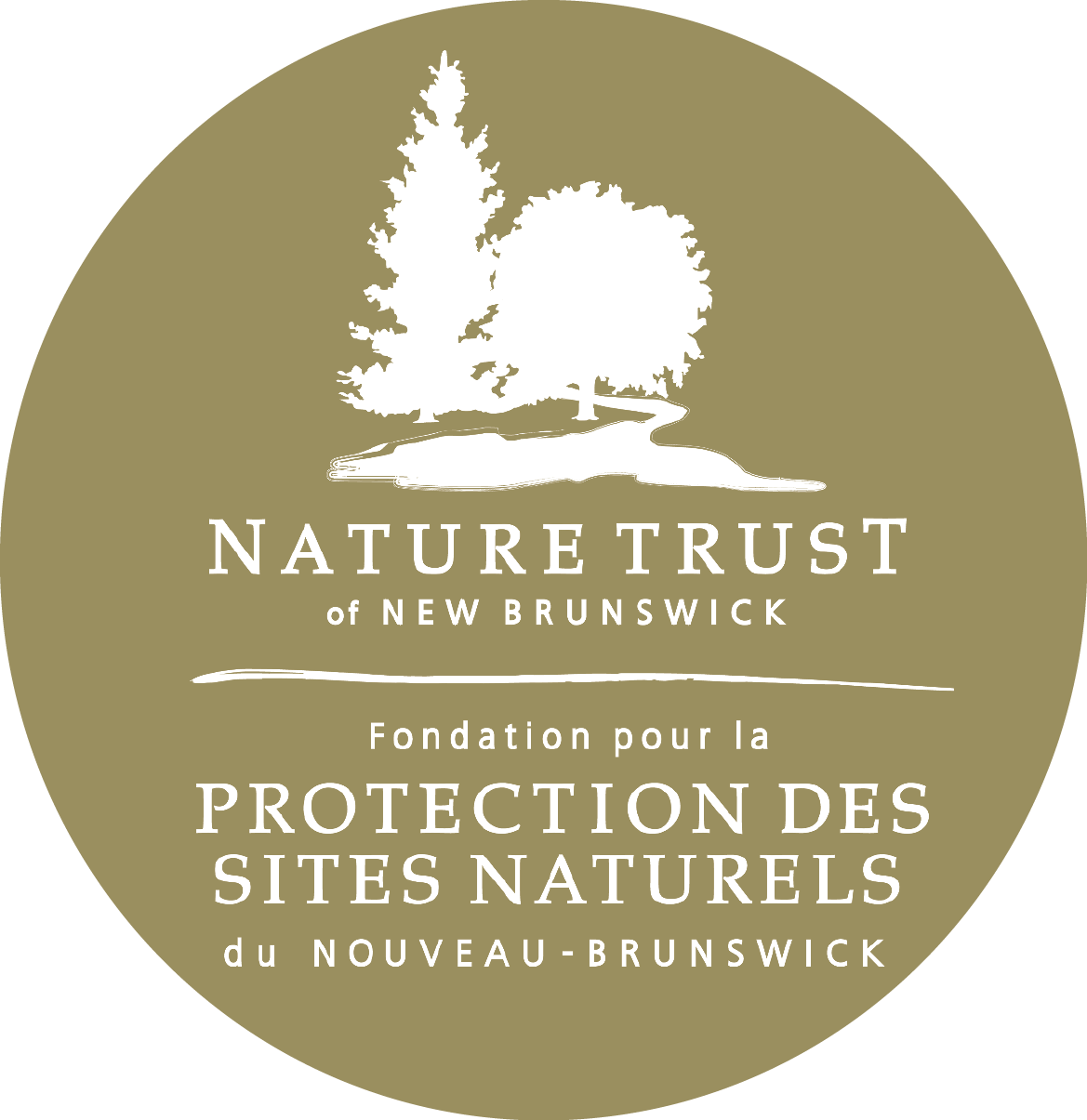Keeping Plastic Waste out of our Natural Spaces
KEEPING PLASTIC WASTE OUT OF OUR NATURAL SPACES
WRITTEN BY: KELLY GREEN, COMMUNICATIONS AND ENGAGEMENT INTERN
Photo: Plastic and other debris collected from the Rayworth Beach Nature Preserve by @trash_free_girl (Instagram).
Here at the Nature Trust, we witness the impacts of plastic waste in the environment firsthand. Whether it is coming across trash on a nature excursion or finding a vast array of plastic marine debris during our Great Fundy Coastal Cleanup, it is evidently everywhere, and it is harming our delicate ecosystems, and the wildlife that inhabits them.
This month, we encourage everyone to participate in #PlasticFreeJuly, so that we can continue to protect our sensitive environment from plastic waste.
How much plastic you choose to eliminate is up to you, but every change makes a difference.
Here are five ways that you can live a little more eco-conscious this July:
1. Practice the leave no trace principles
At Nature Trust, we believe in the concept of Leave No Trace. The concept is comprised of seven principles that builds awareness, appreciation and respect for our natural spaces. When participating in outdoor recreation, try to remember the principles of Leave No Trace, including:
Plan Ahead and Prepare: Planning ahead with the correct gear and food storage ensures that you accomplish a successful outdoor excursion.
Dispose of Waste Properly: If you come across garbage on a trail or beach, be sure to gather it before you leave the site and dispose of it in a recycling bin (if possible) or in the garbage. Leave only footprints behind.
Be Considerate of Other Visitors: Maintain courtesy towards other visitors, doing so allows everyone have the chance to enjoy our natural spaces. Our protected areas are for the enjoyment of future generations, and it is our job to keep them healthy and beautiful.
Learn more about the Leave No Trace principles here.
2. Bring a reusable water bottle and coffee cup
If you have any bottles laying around, whether it is a fancy stainless-steel bottle, or a reusable plastic bottle you got for free from an event, use it! Using what you have before going out and buying something new is essential for lowering your impact on the planet.
In addition to the water bottle, bring a reusable coffee cup or dine in when you are going to your favourite local coffee shop.
3. Bring your own bags to the grocery store
Gather any reusable bags, your beach bags, a book bag, or even plastic grocery bags that you saved, and reuse them at the grocery store. Plastic bags are often found in the ocean and are mistaken by many sea creatures for Jellyfish, or another source of food. This is detrimental to marine life, so do your best to avoid bringing more plastic grocery bags into your home.
Don’t forget, if you are only buying a few things, you can always carry them by hand.
Helpful tip: Many grocery stores offer paper bags if you request them and sell reusable bags for as low as $0.99 each.
4. avoid plastic produce bags and plastic wrapped vegetables while grocery shopping
Another grocery trip plastic that we rarely think twice about are the plastic wrapped fruit and vegetables and plastic produce bags. For almost every vegetable and fruit wrapped in plastic, there is an unwrapped alternative.
If you don’t like your fruit and vegetables without a protective bag, head over to the mushroom section and use the paper bags that they provide. You can use these for any type of produce and avoid the plastic produce bag entirely.
5. Participate in local cleanups
Check around your area for local cleanups to help conquer plastic waste or marine debris in your city. The Nature Trust of New Brunswick hosts an annual Great Fundy Coastal Cleanup to help combat marine debris along the New Brunswick Bay of Fundy shorelines.
With 20 shoreline cleanups scheduled for August 17th, 2019, we are sure to come across common plastic debris found on our shorelines including:
Coffee cups and lids;
Keurig other coffee/tea maker pods;
Plastic children’s toys;
Menstrual product packaging;
Rope and netting.
The debris found is collected and recycled, and the data from the cleanups are sent to the Huntsman Debris Free Fundy Program, the Great Canadian Shoreline Cleanup, and the Ocean Conservancy to help identify trends and sources of marine debris.
Click here to learn about the Great Fundy Coastal Cleanup, and register for sites near you.
Being conscious about plastic waste, and doing your part is essential to combat the current environmental problem of plastic waste. Being environmentally conscious not only connects you to nature, it also enhances the quality of living for wildlife and future generations. Plastic and marine pollution is a global problem that can only be solved if we all work together on a local level. We must be part of the solution – not part of the problem.
Are you going to participate in #PlasticFreeJuly this year?
WANT TO DO MORE?
Help the Nature Trust combat marine debris through our various donation options, or visit our Upcoming Events page to stay up to with our events that are taking place throughout New Brunswick.




